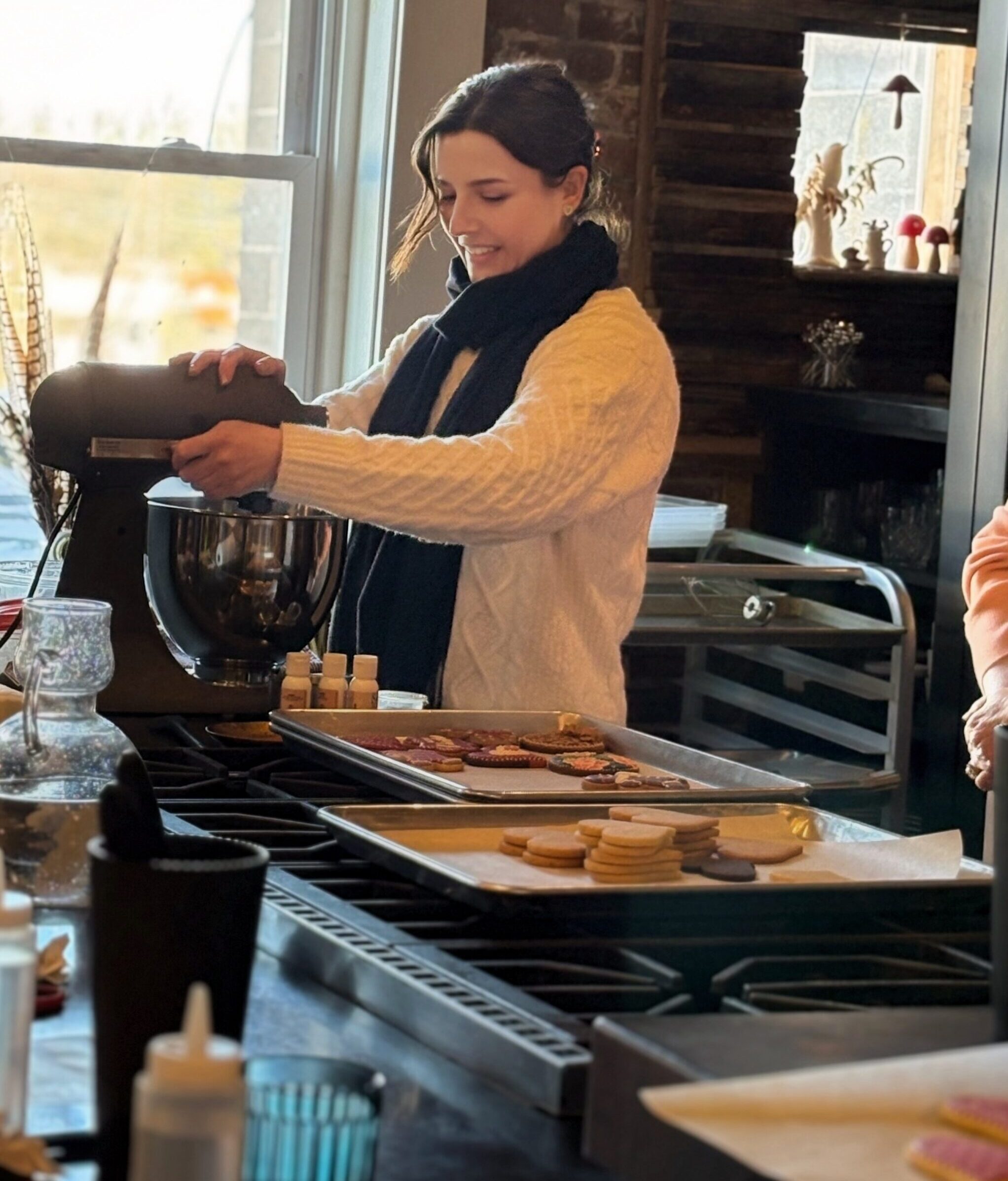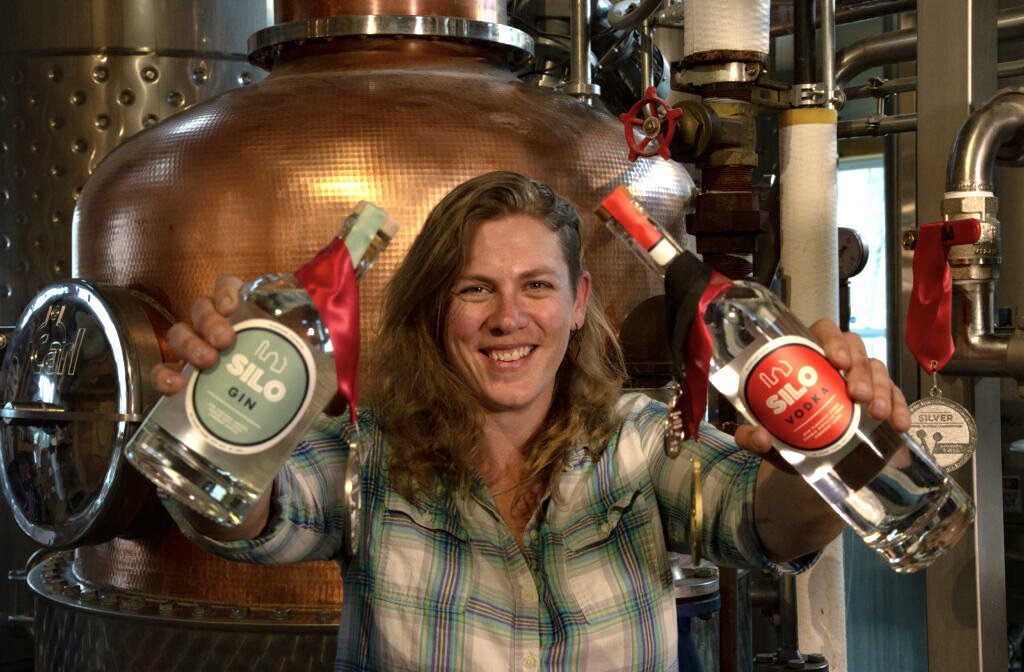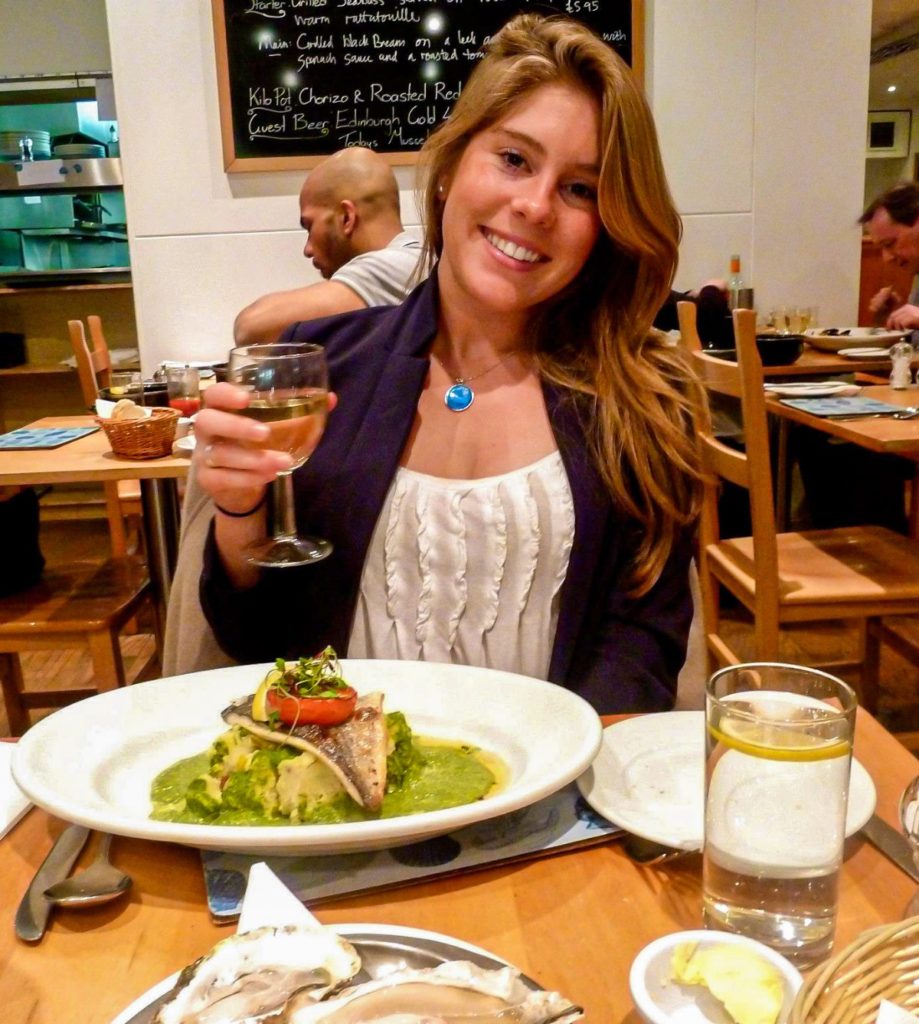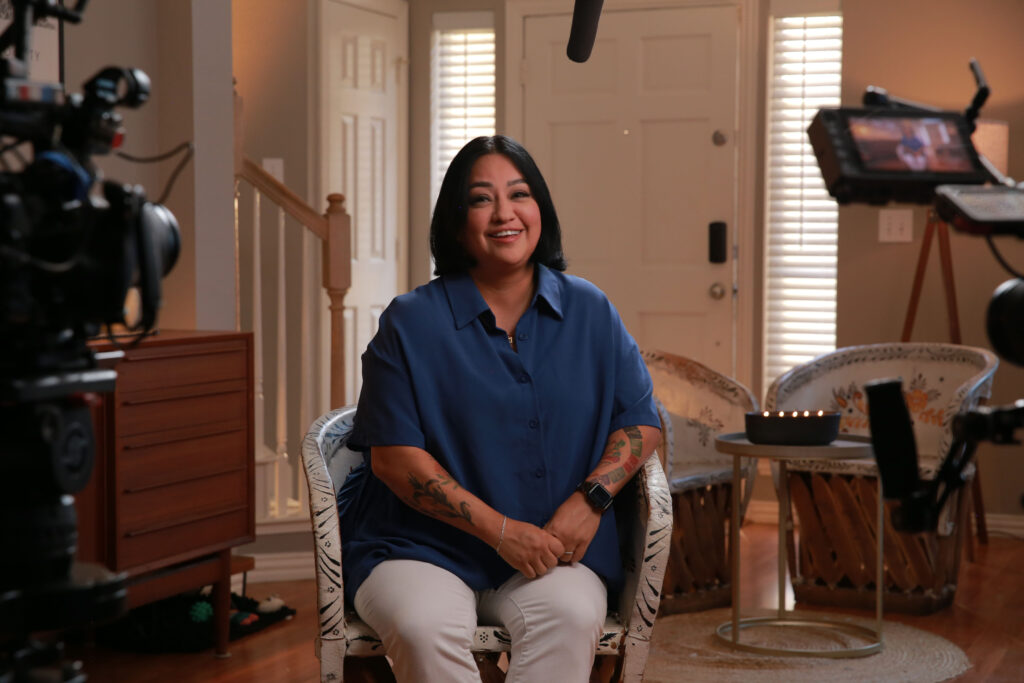
For Chef Anastacia Quiñones-Pittman, food is about fire, family, and finding purpose. With the launch of her new Dallas restaurant Eledi, she’s channeling generations of tradition, deep-rooted cultural identity, and a bold vision for modern Mexican cuisine. Inspired by the live-fire meals of her mother’s hometown and built on years of creative collaboration, Eledi is as much a personal homecoming as it is a professional evolution. After a celebrated seven-year run at José, Chef Quiñones-Pittman is stepping into a new chapter, fueled by precision, passion, and a fierce sense of place.
Can you tell us the story behind Eledi and how it connects to your family?
The inspiration for Eledi came from a love for live fire cooking. Traveling to Mexico as an adult and cooking in my mother’s hometown where we enjoyed many live fire meals growing up, I knew it was something I wanted to recreate in my hometown of Dallas.
How did the partnership for Eledi come together?
I’ve known my partners Victor Rojas and Carlos Marquez for years from the industry. I’ve always had a lot of respect for them both. We’ve always worked so well together. Our partnership came from lots of talks about “What ifs?”
What was the collaborative process like?
Because we have so much respect for each other, we rely on each other to give constructive feedback. I usually don’t add anything to a menu without their input. Same with them.
What can diners expect from the Eledi experience?
I want diners to expect the same seasonal and local flavors that they’ve come to love from us. Our atmosphere will be welcoming, approachable and comfortable.
After seven years at José, what emotions did you experience stepping into something entirely new?
Leaving José was incredibly difficult. It was such a formative time in my career and stepping away felt like closing a very personal chapter. But growth requires change and I knew it was time to create something that reflected who I am today.
Was there a defining moment when you knew it was time to start fresh with Eledi?
I was sitting at home watching the James Beard awards. I had so many friends up for nominations and witnessed chef after chef and owner after owner pour their heart out in their acceptance speeches. It was inspiring. They weren’t millionaires from big corporations. They were regular people with passion and drive. I went into work the next day and decided I wanted the same. Not the awards, but a place of my own that I could pour my passion into.
How has your culinary style evolved from your time at José to what you’re creating now?
I’ve reconnected with a slower more intentional kind of cooking that lets me be closer to the ingredients and the process again.
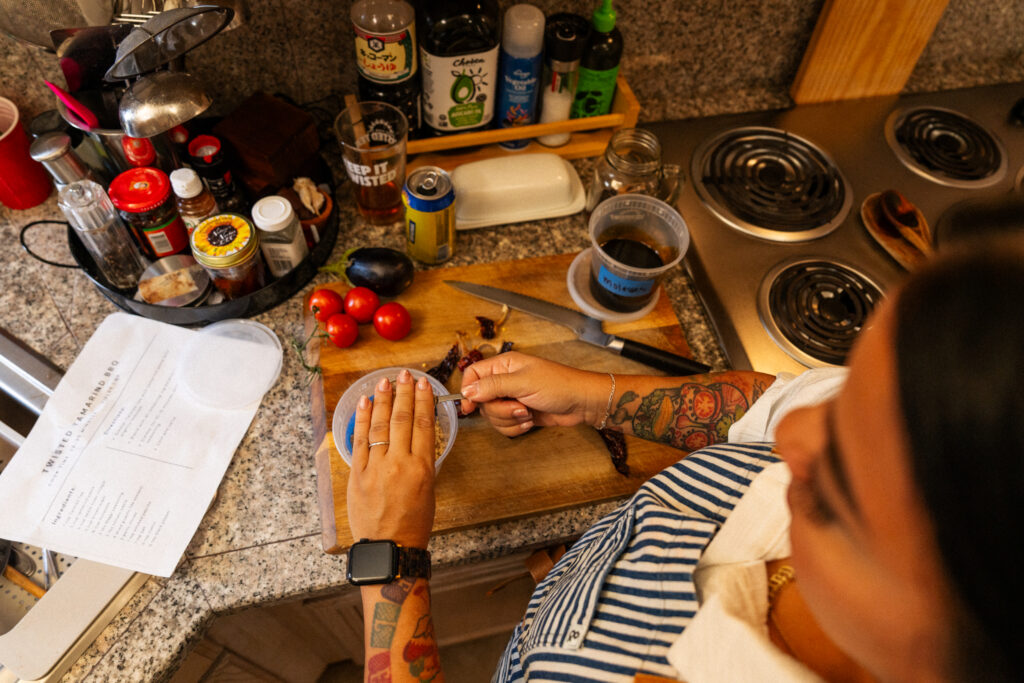
Being born and raised in Dallas, how does the city influence your cooking?
Believe it or not, Dallas has seasons! We have some great local farms and shops. I love spring and summer, not for the heat, but because things start to sprout and we can access the great produce. Dallas is very supportive of their local chefs, so I try to do events and support local as much as possible.
You’ve launched your new group, Oh Hi Hospitality, in your hometown. How’s that been for you?
There aren’t a whole lot of operators that look like us. It’s important for me to not only represent Dallas but to represent my culture. Our hospitality group is bringing a little bit of everything to the scene. We’re building a culture where hospitality means balance and creativity is nurtured.
Your Mexican heritage is clearly central to your work. How do you weave cultural storytelling into your dishes?
It just seems natural to weave my culture into my work. We’re not defined by one culture because food like culture isn’t static, it’s alive. My husband and I talk in great detail about our childhoods. We have a lot of similarities. We were both raised by strong, opinionated women. We were always told we could do whatever we wanted to do as long as it was done well and with passion.
What role does tradition play in your modern interpretations of Mexican cuisine?
I love that you used the word tradition and not authentic. I feel like that line gets blurred too easily. Tradition is specific to the individual. Items that were traditional in my household growing up aren’t necessarily what one would see in a Mexican household. I take dishes my mom would create for me or dishes we had during my travels to Mexico and add local and seasonal ingredients. Plate them in ways you wouldn’t traditionally see them styled.
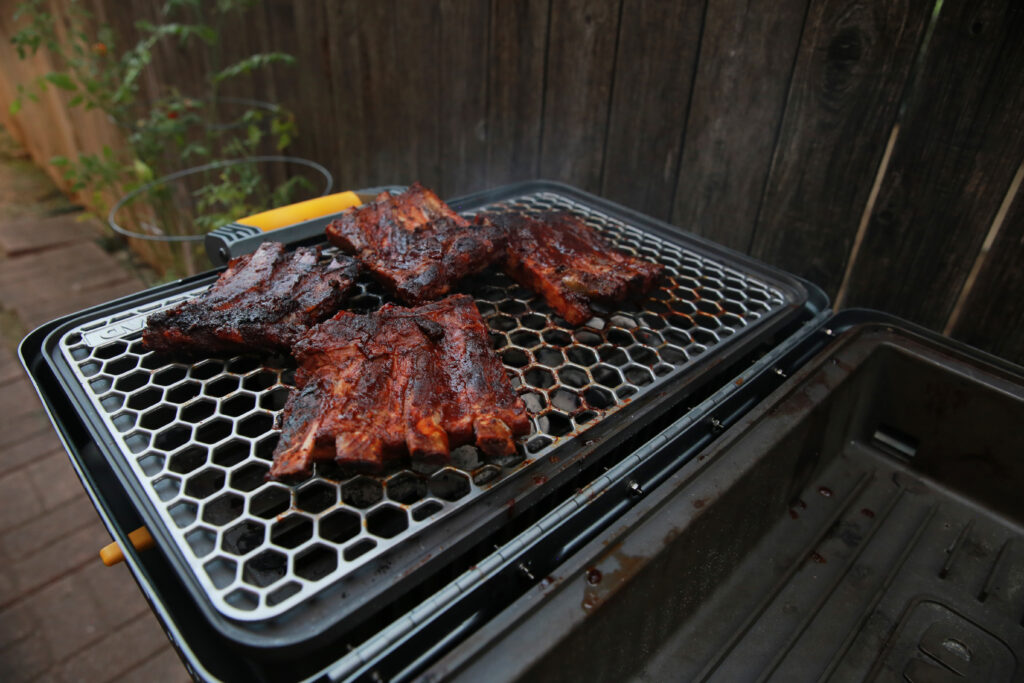
You’ve earned multiple awards and were featured on Netflix’s Taco Chronicles. How has that visibility impacted your career and your mission?
I try not to focus too much on those accolades. They are fun, and so humbling. But for me, creating a culture where your team can thrive, mentally and physically is way more important. When our team feels heard, seen and respected, we are always winning.
As a Latina and female chef in a competitive industry, do you feel like you’re breaking new ground?
Growing up there were no gender roles in our household. I was told I could go out and get any job a man could. I never believed otherwise. So when I went to culinary school and was told differently (that’s a story for another time), I made it a point to prove them wrong. Every. Single. Time.
What advice would you give to young chefs who want to carve their own path in the culinary world?
Just don’t let them get to you. Also, don’t rush it. It took me years to perfect some things. I didn’t know everything straight out of college and you don’t either. Get as much experience as you can and apply it. If you can afford it, travel and eat everything. And when you “make it,” support local businesses as much as you can.
You collaborated with Twisted Tea this September for National Hispanic Heritage Month. Tell us about your creation, Tamarindo Twist.
Tamarindo Twist is my favorite BBQ sauce ever. I am not a BBQ type girlie so creating something that has a tang, spice, and sweetness really is exciting.
How did you approach blending Twisted Tea with traditional Mexican flavors like chamoy and tamarind?
Because I don’t normally eat BBQ sauce, I wanted to create something that I could pair with the things I love. Carnitas, tacos, wings.
What does it mean to you to be part of a campaign that celebrates Hispanic culture through food and flavor?
It’s really special. So much of who I am and what I cook comes from celebrating my culture. To celebrate that in a campaign means I get to represent my community and the people who taught me how to cook.
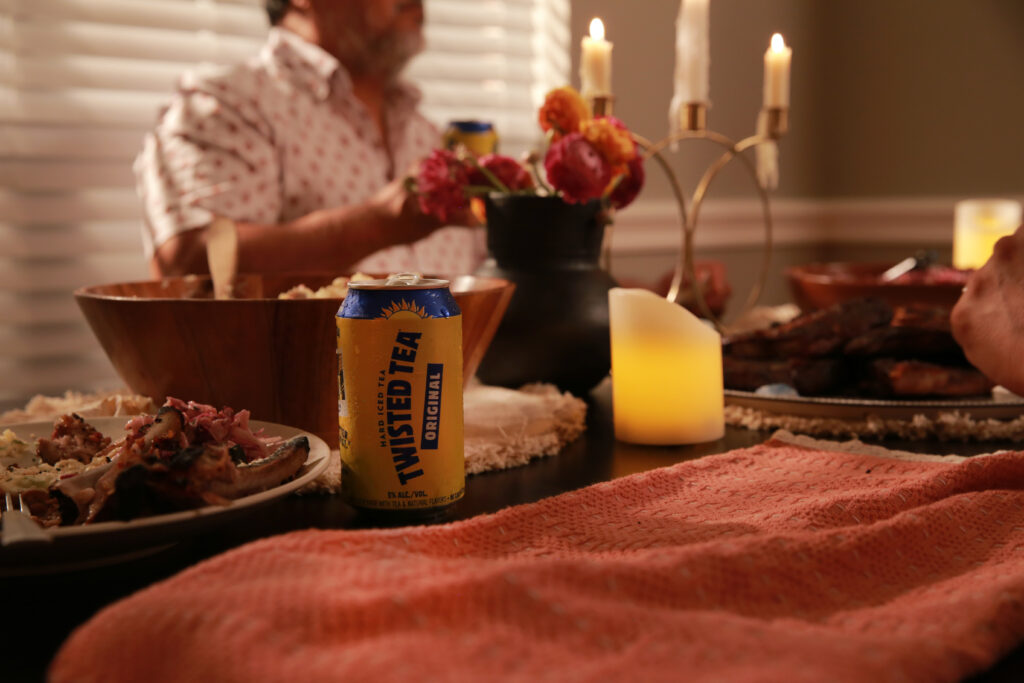
How might this collaboration inspire others to explore and celebrate their heritage?
I hope it inspires people that heritage isn’t just something we talk about or celebrate once a year. It’s something we can keep alive through cooking. My wish is that people feel the same pride and curiosity that I do when I get to tell my story through food.
NEXT ON THE DISH



